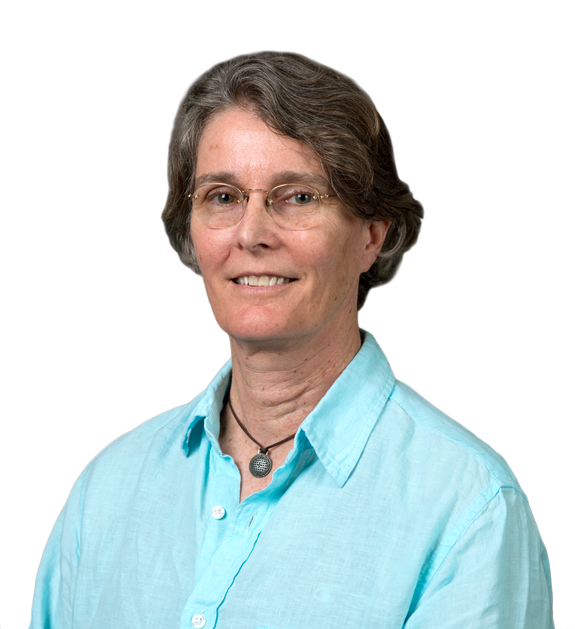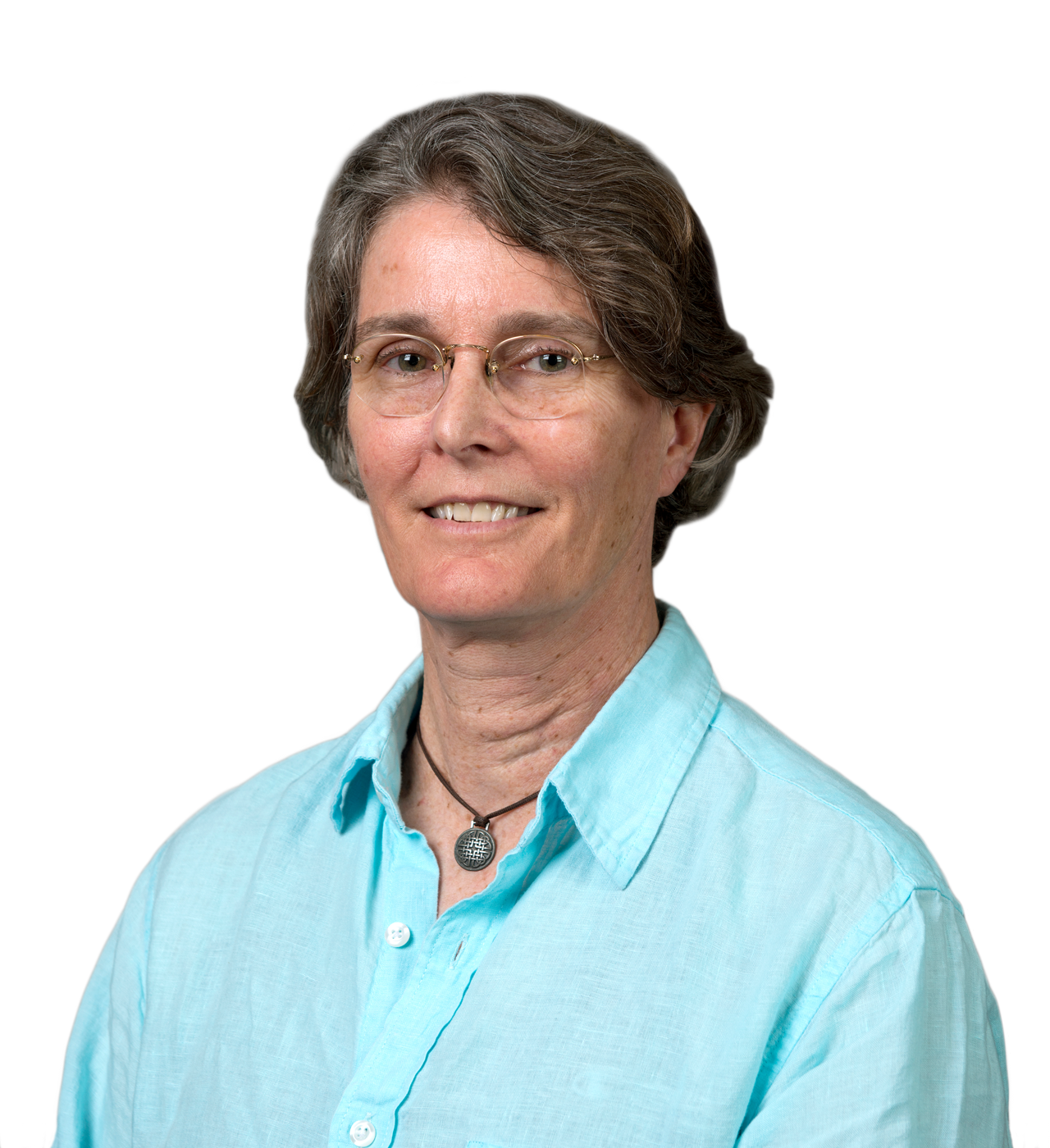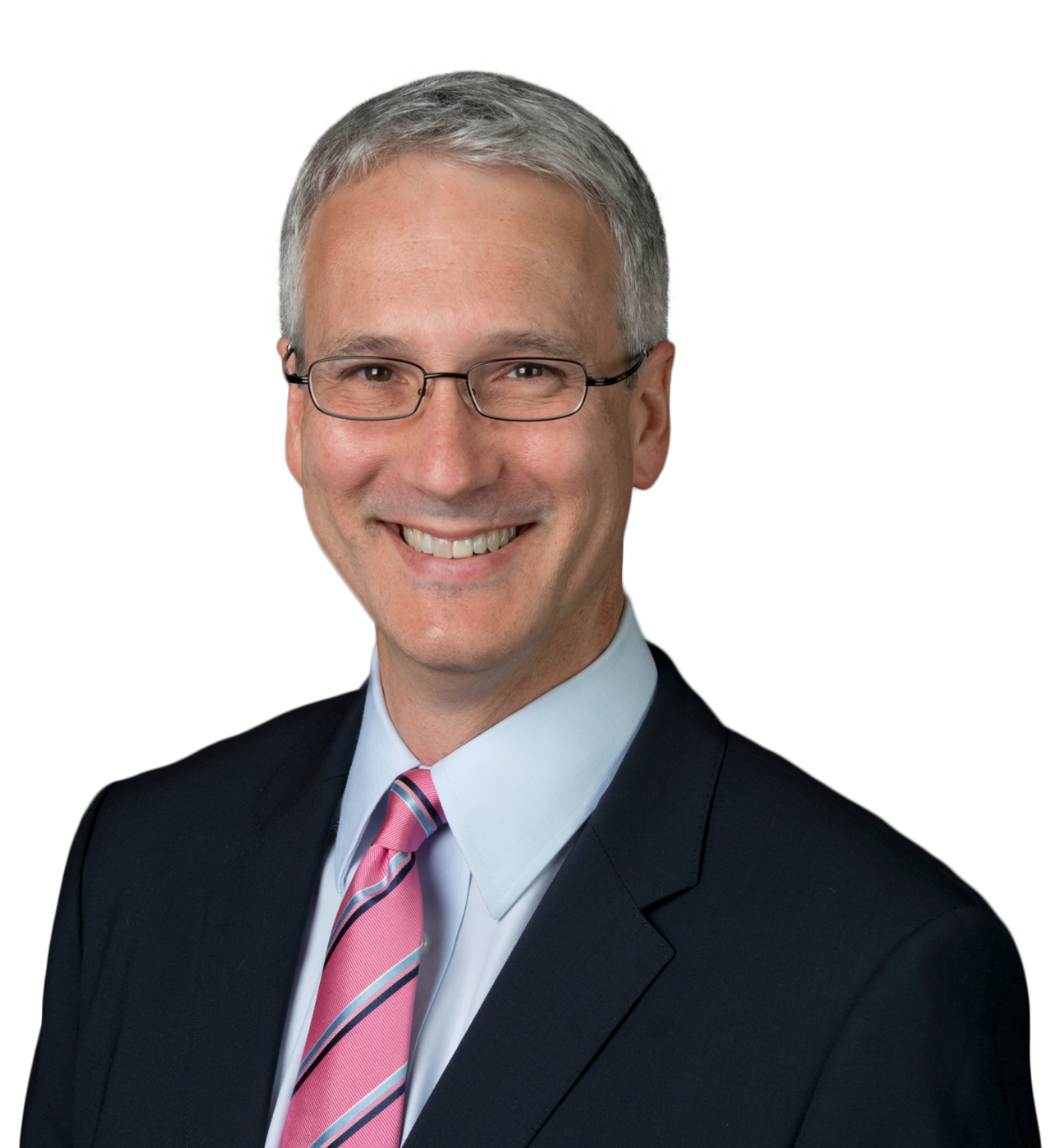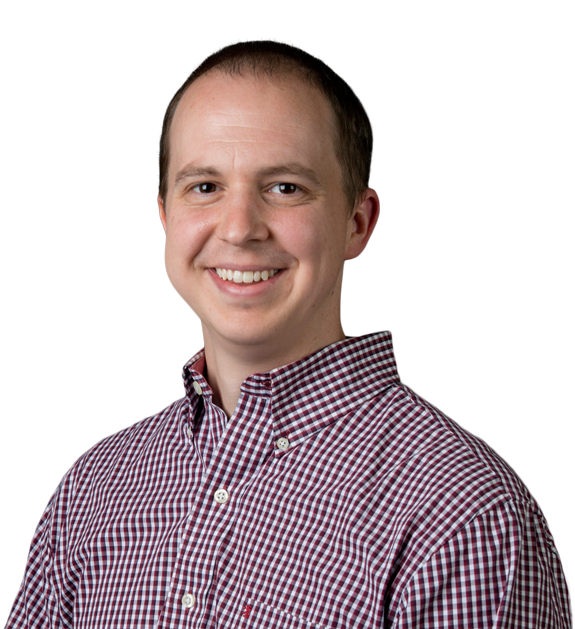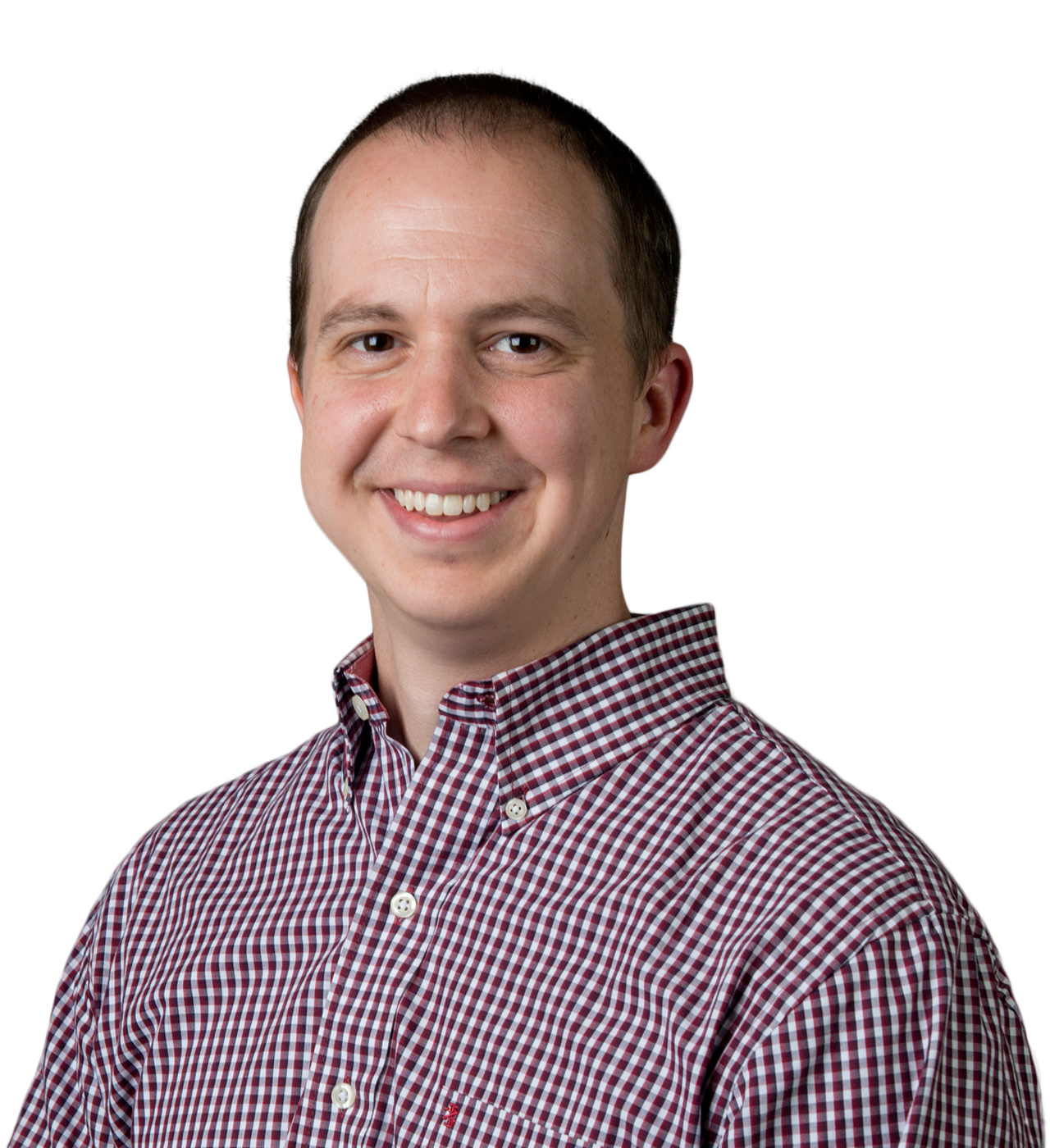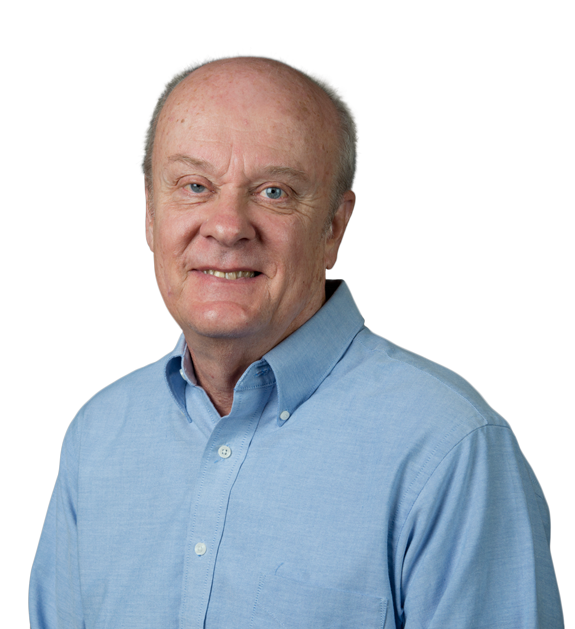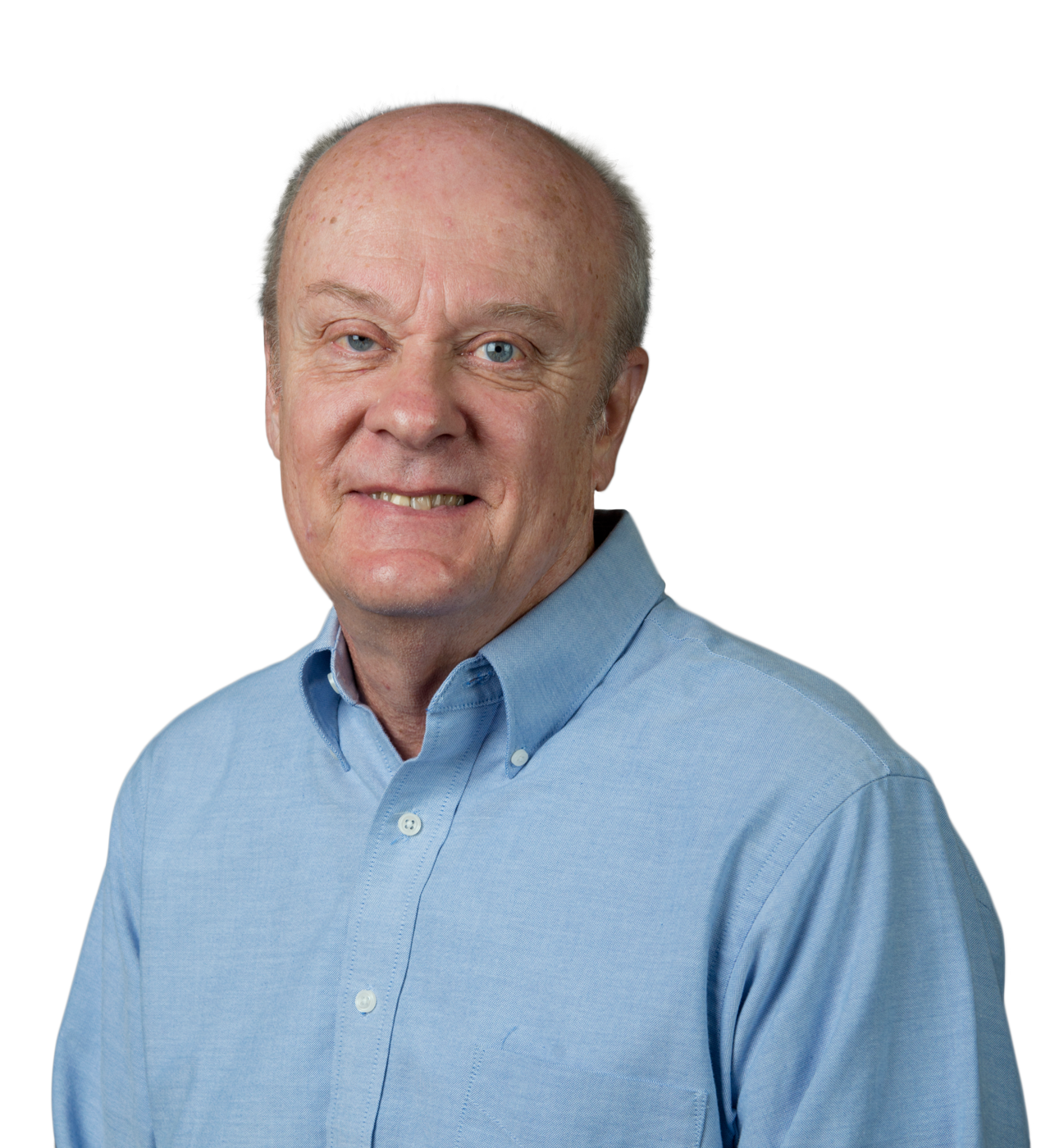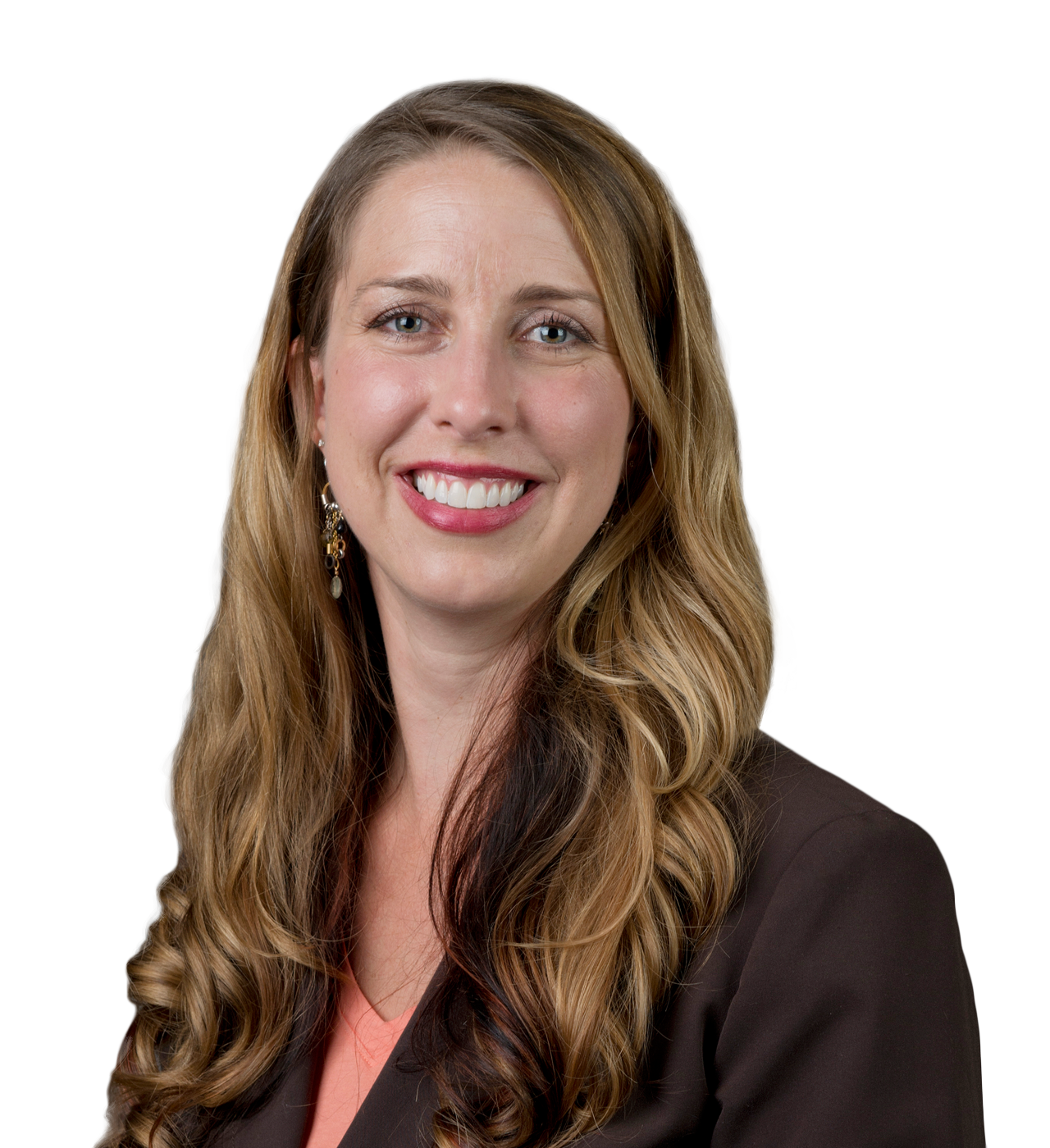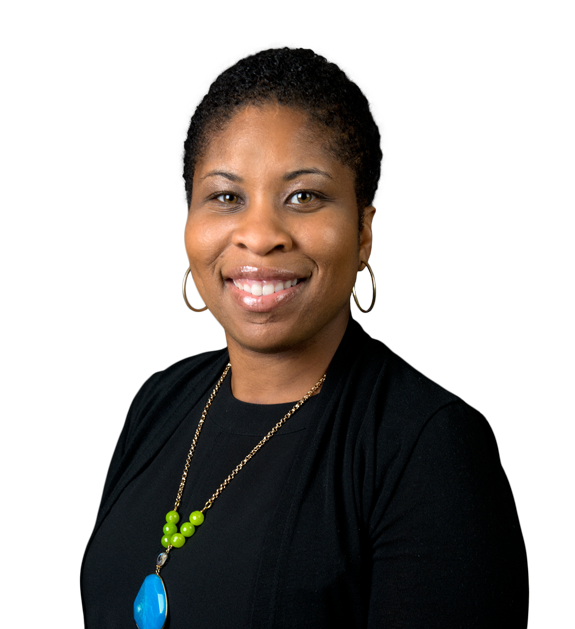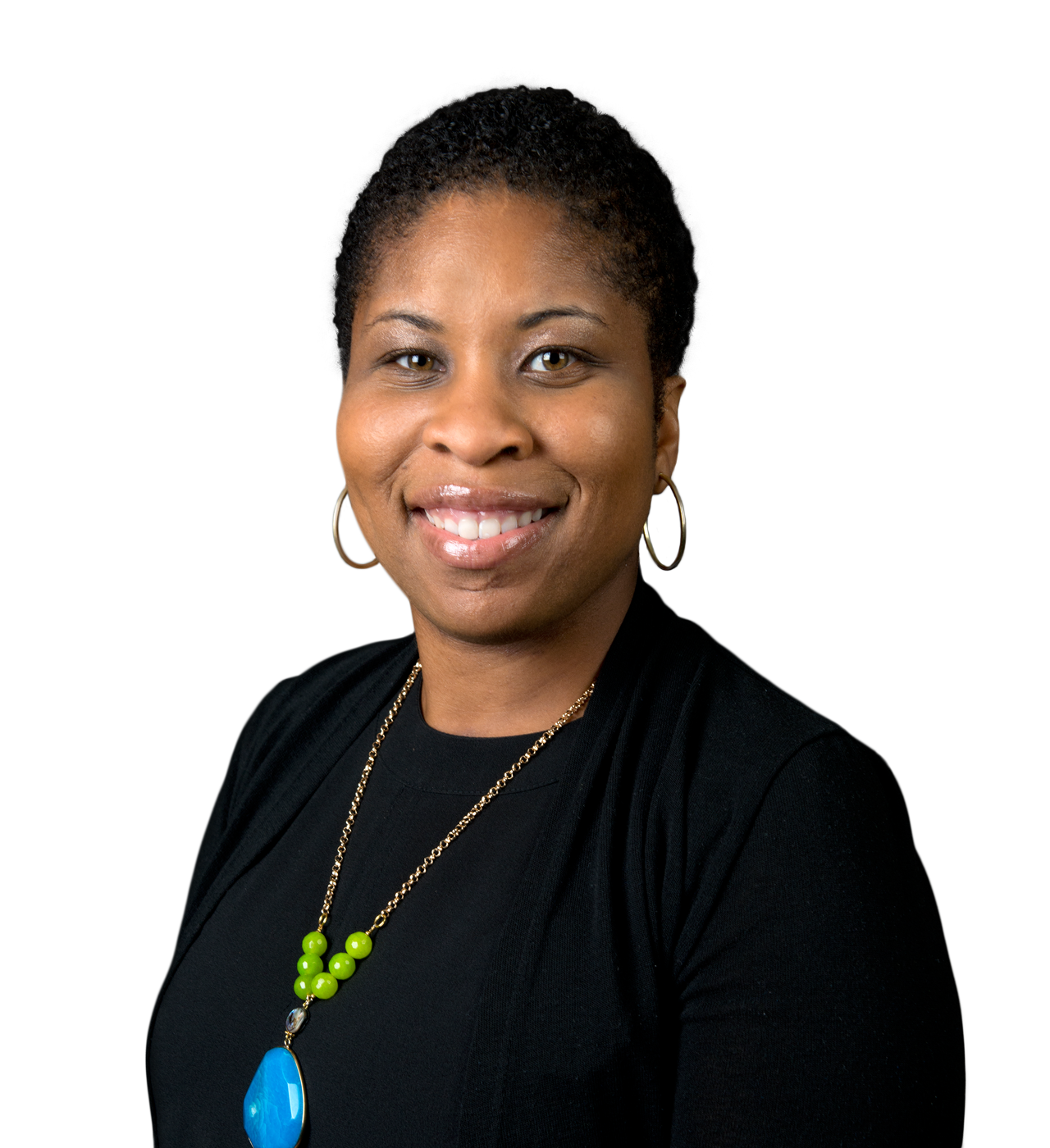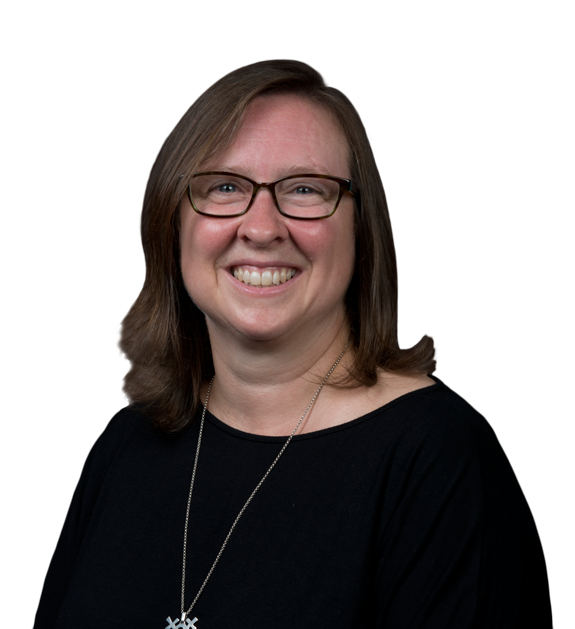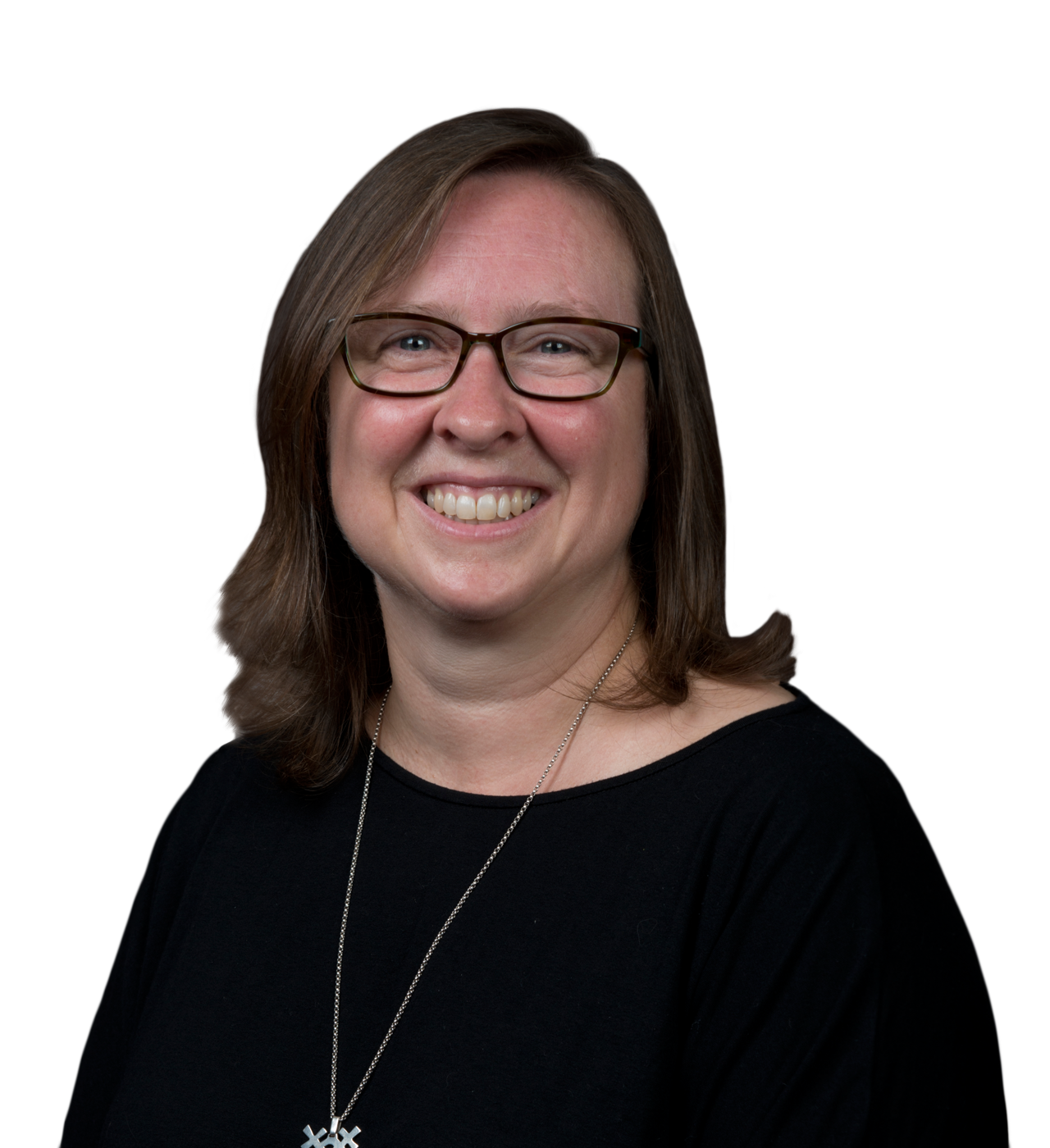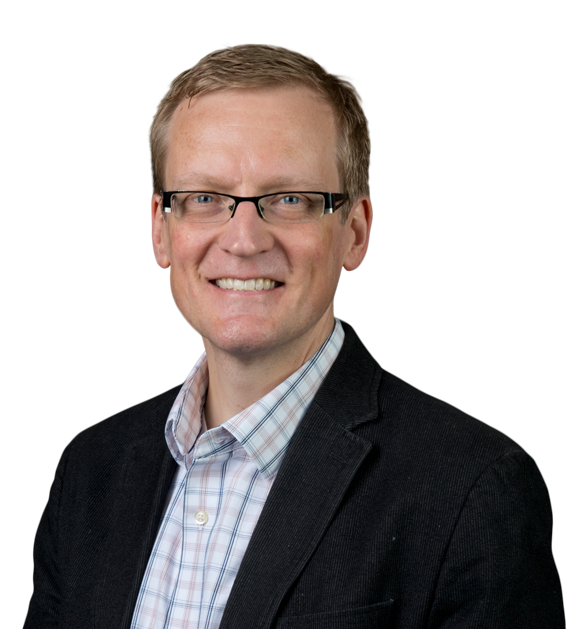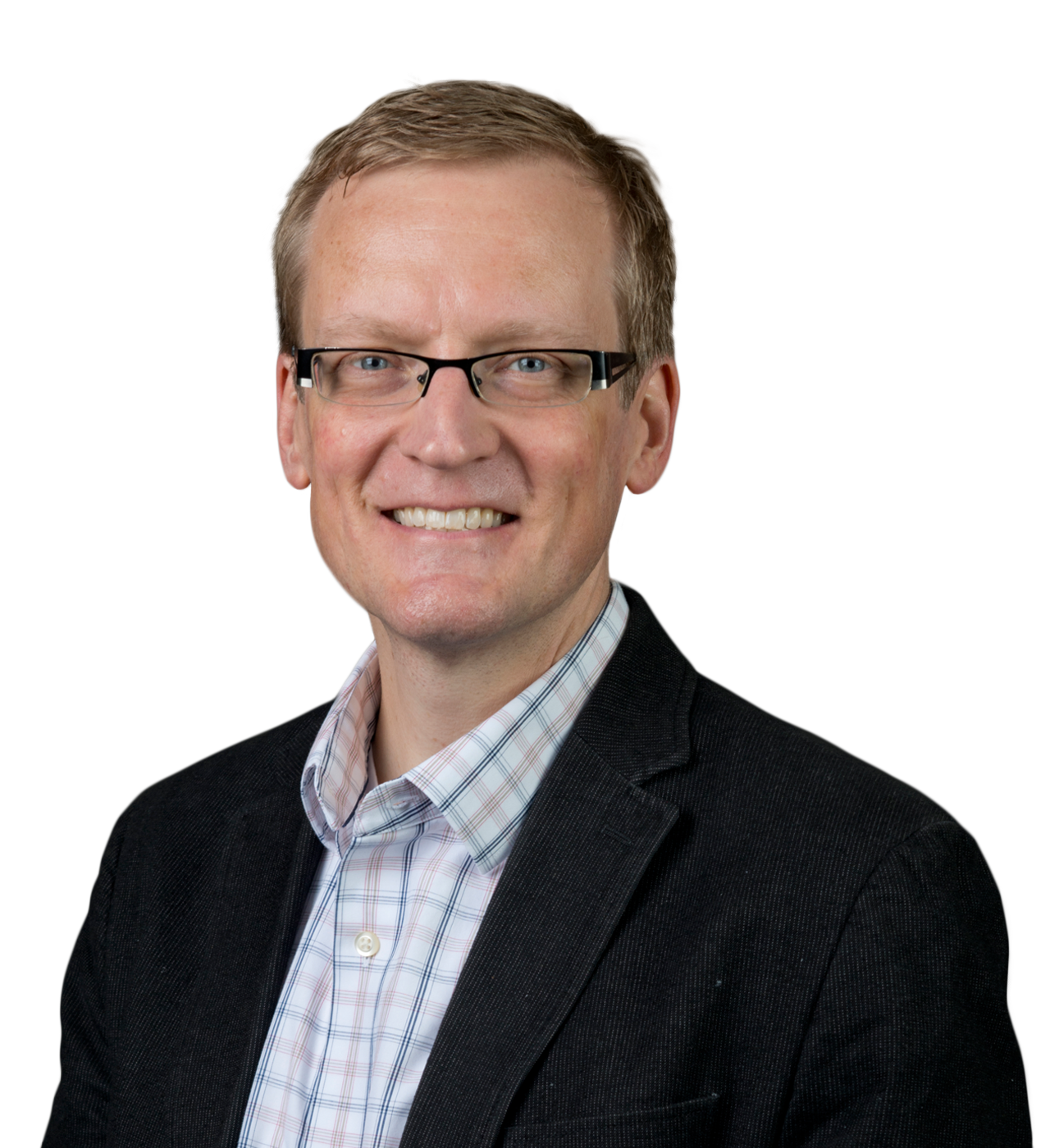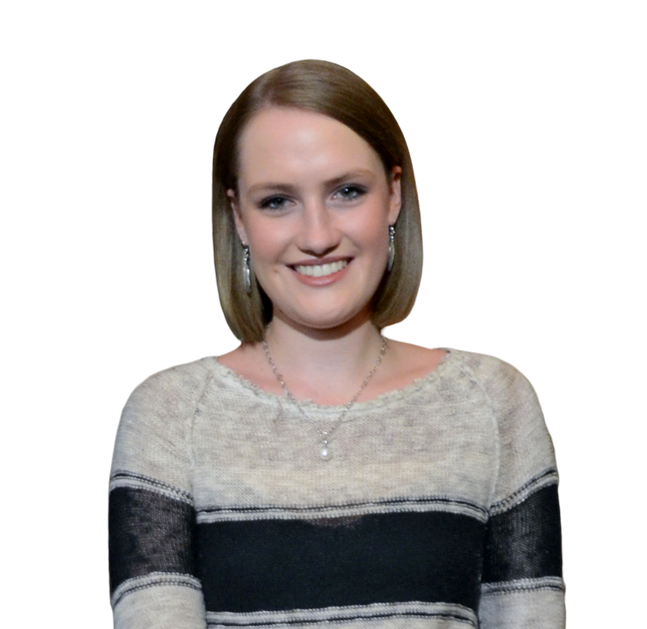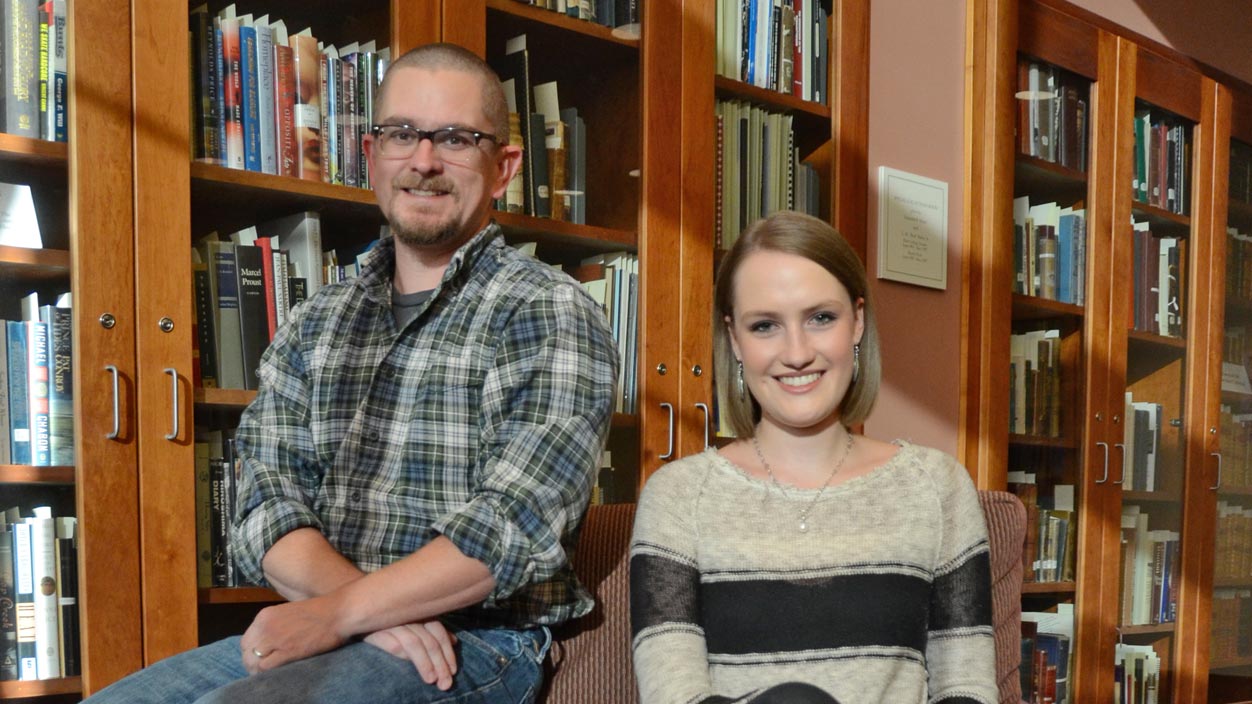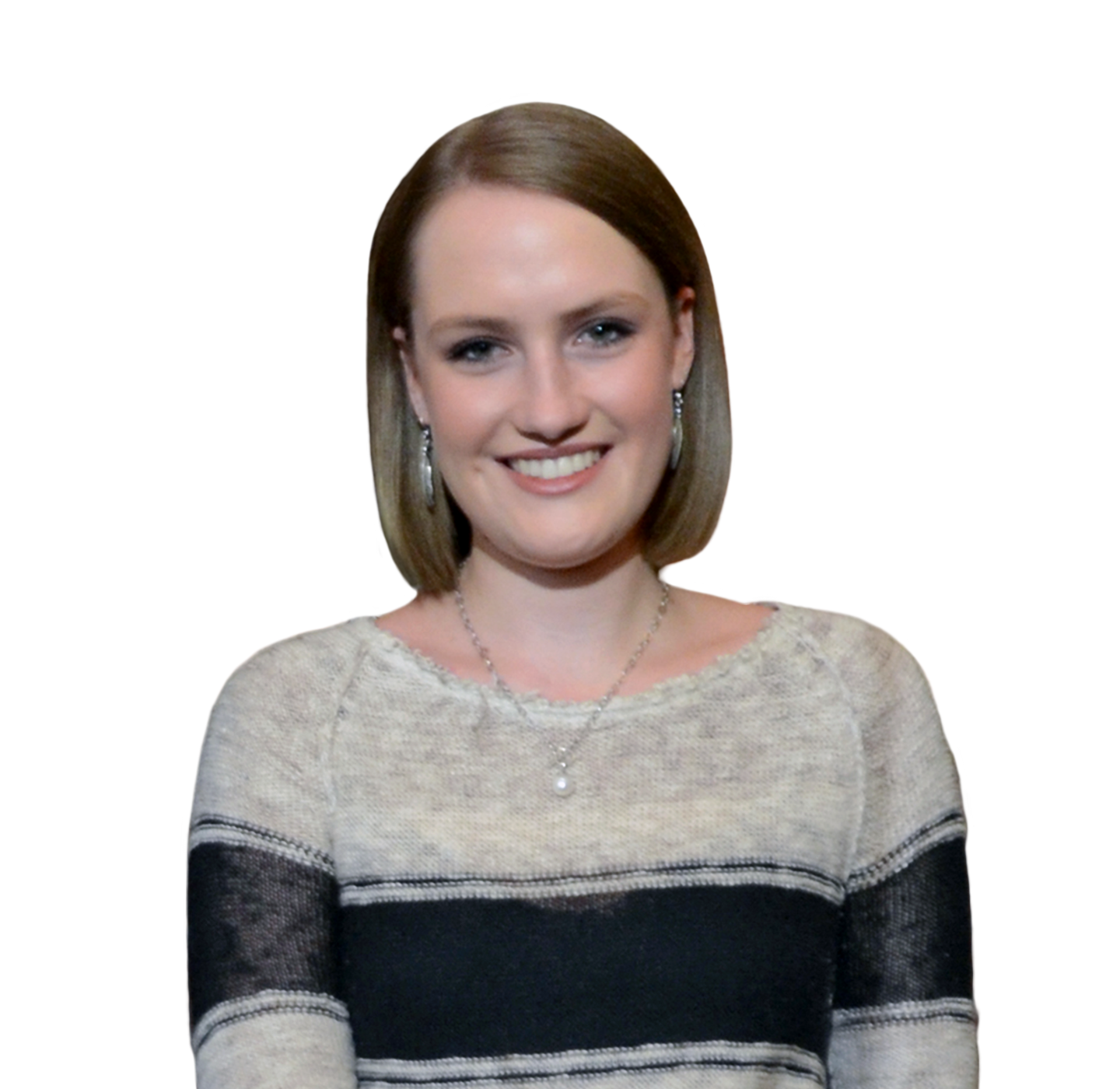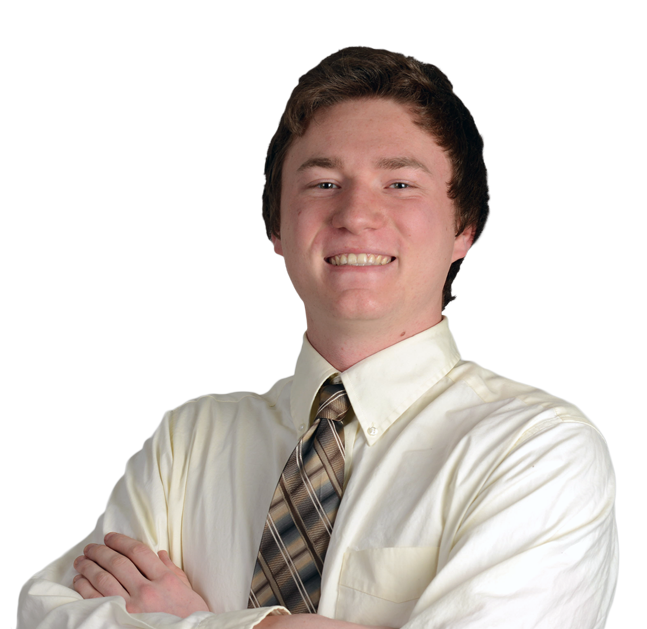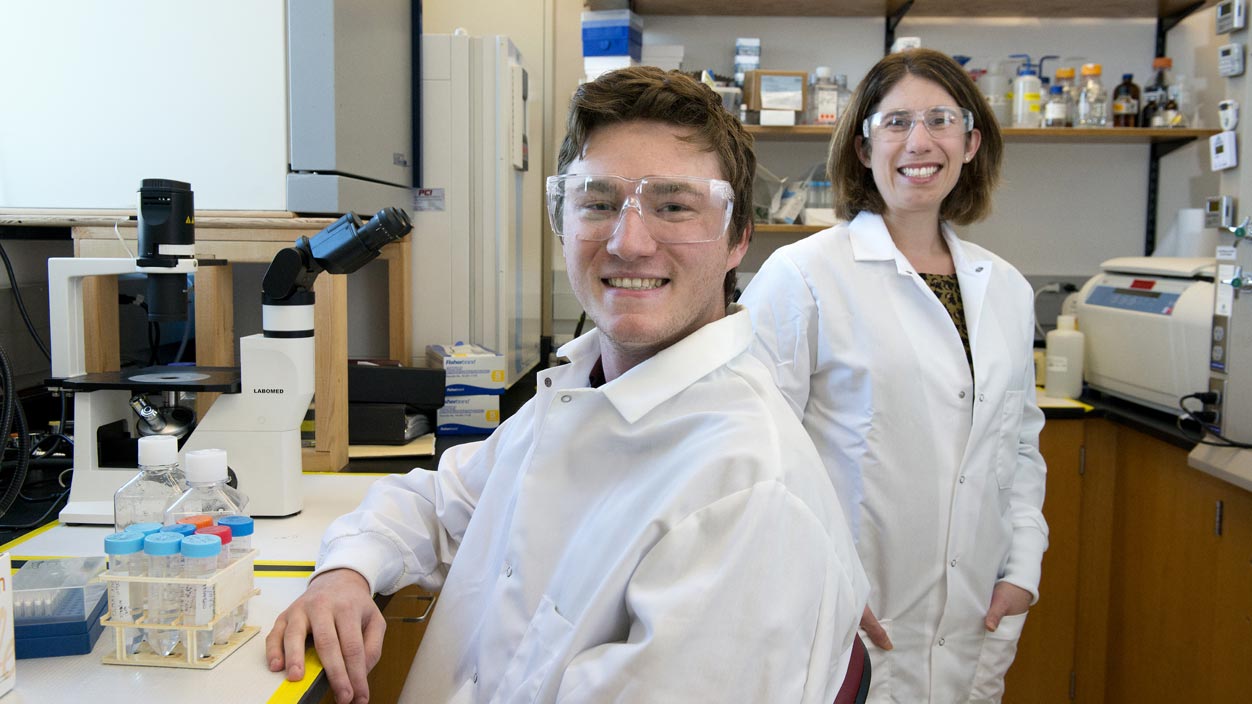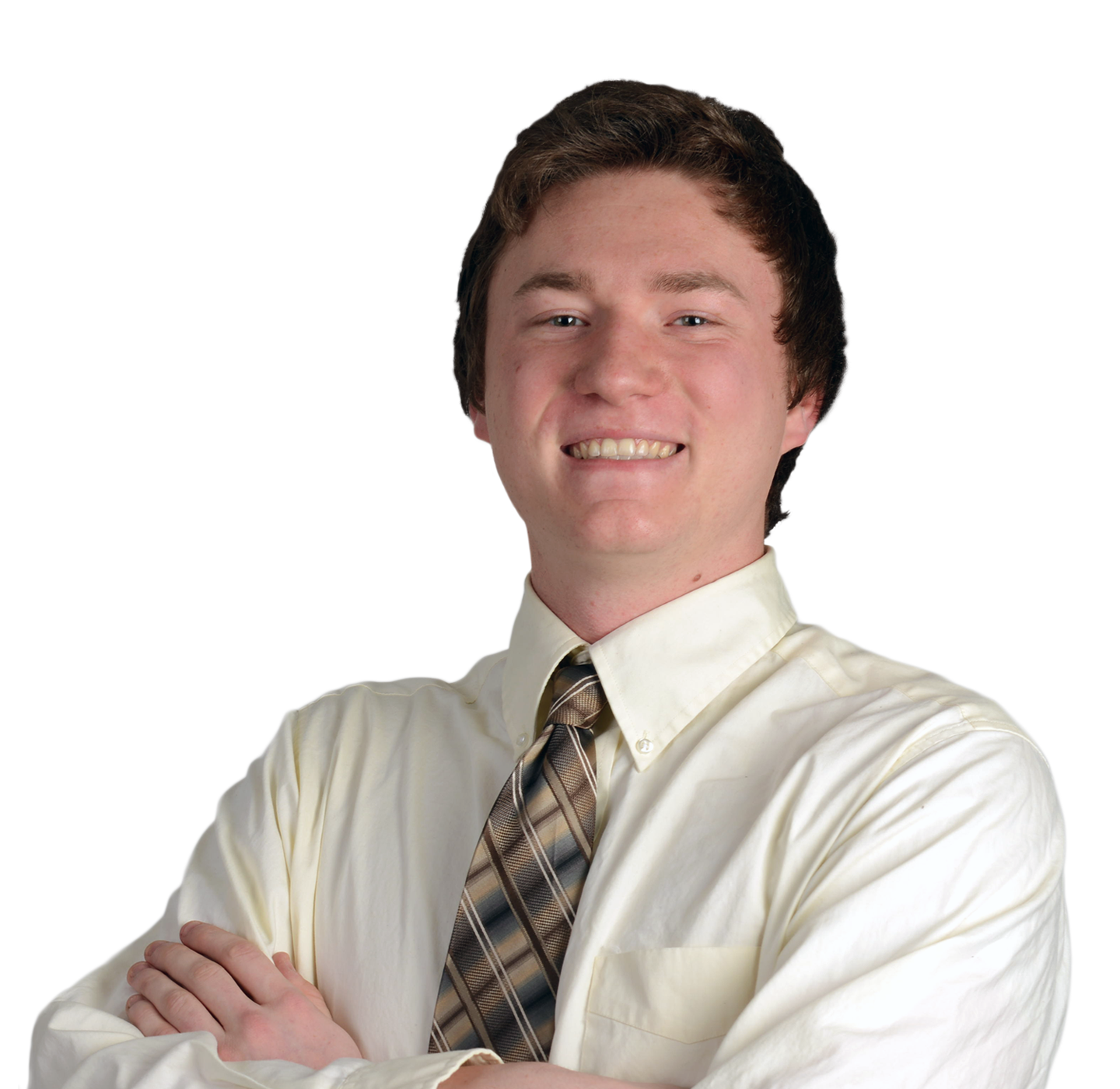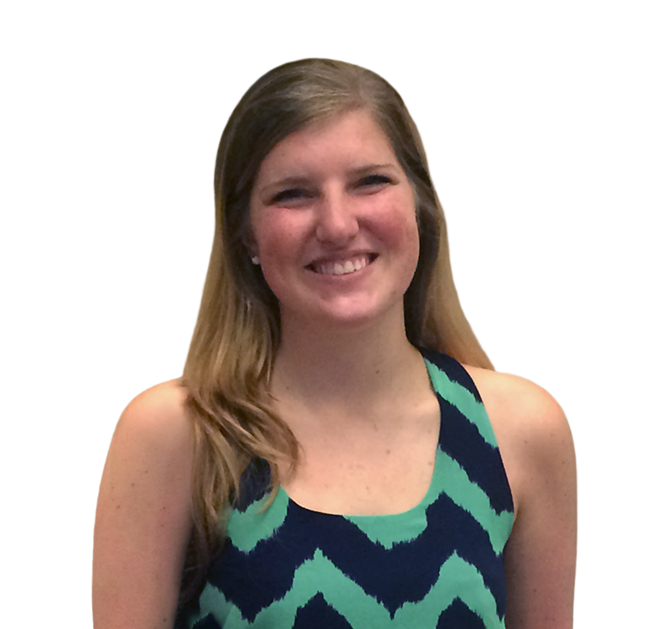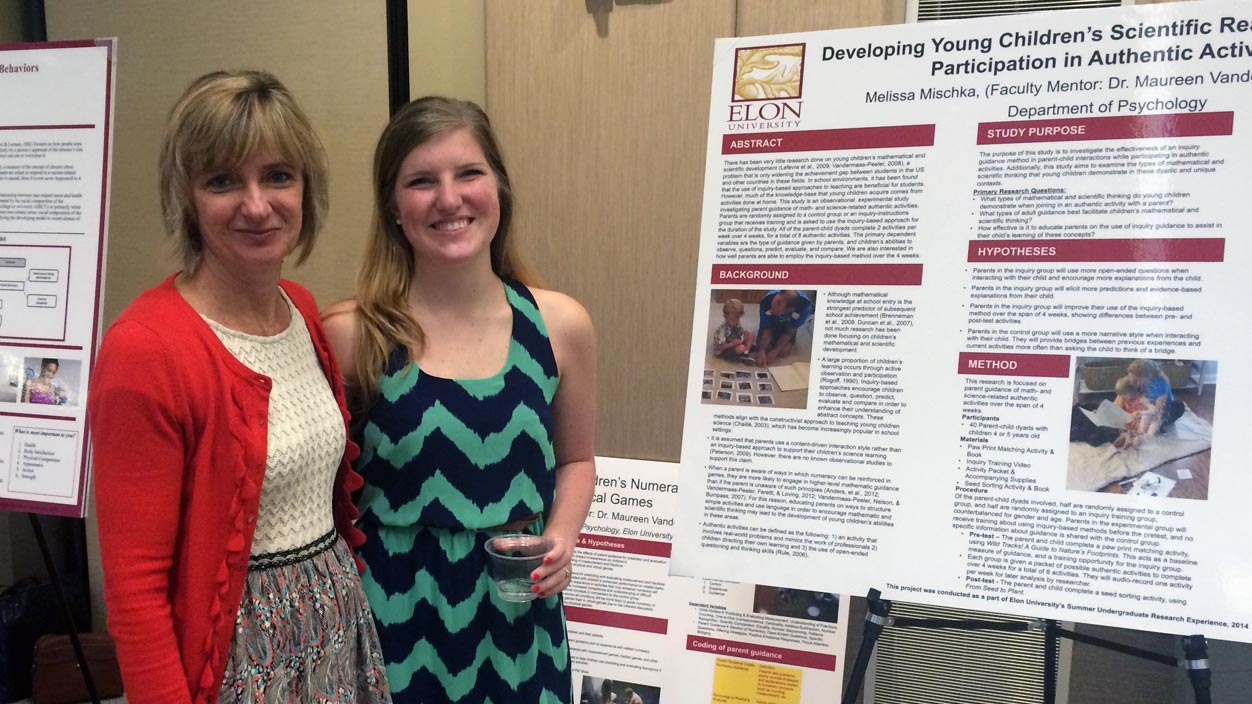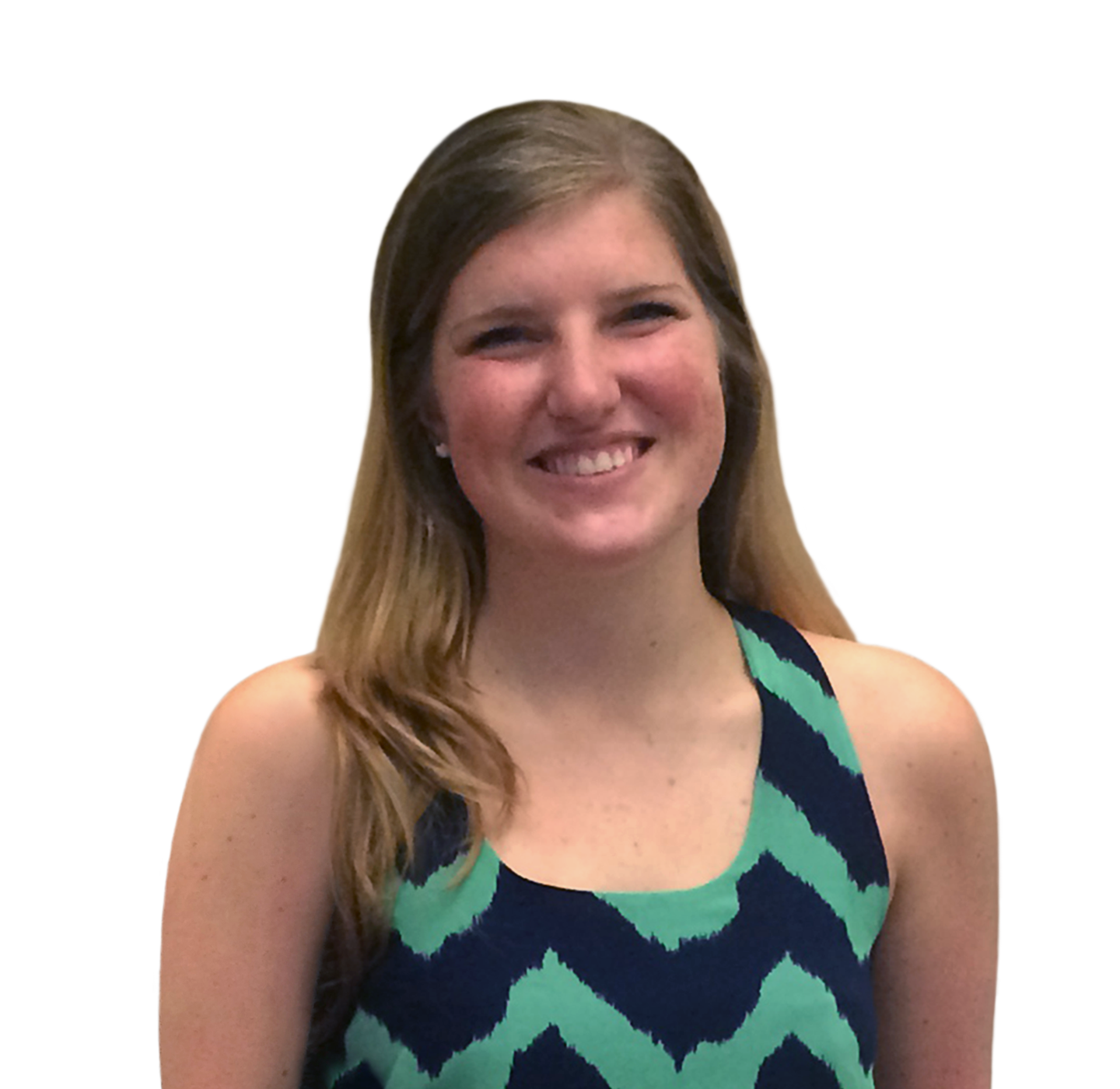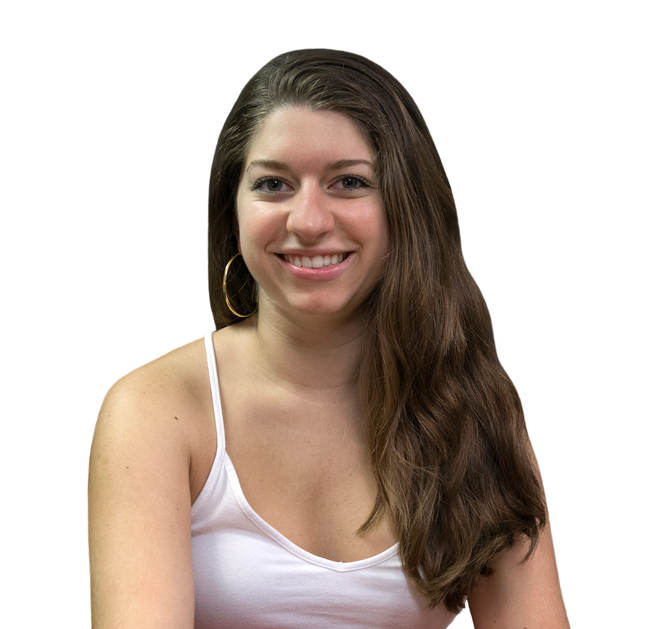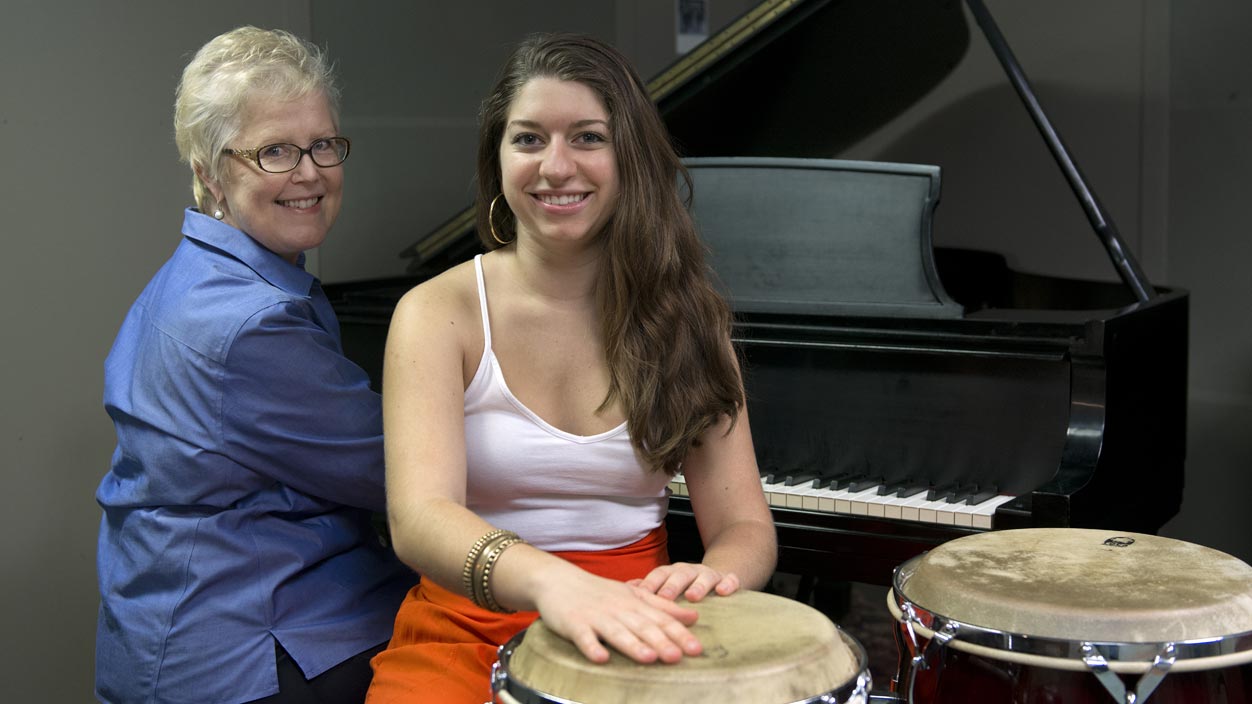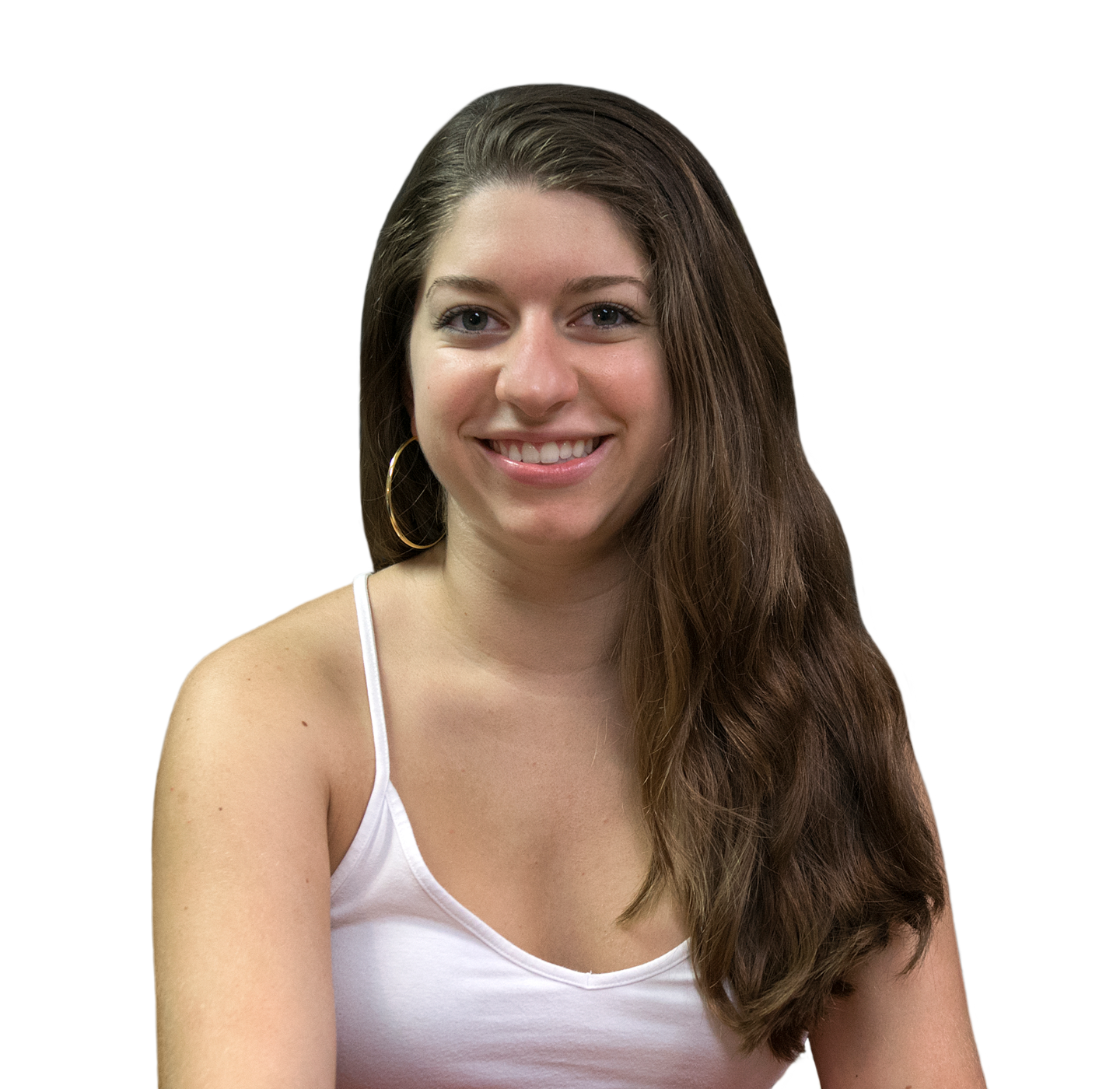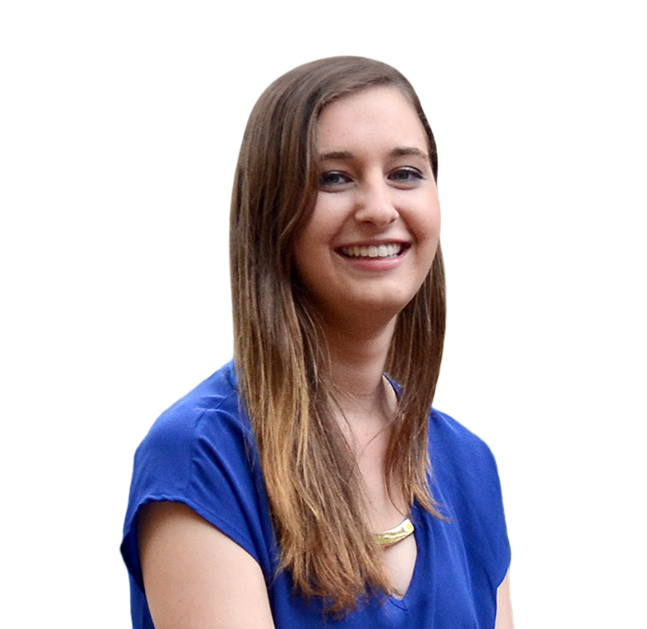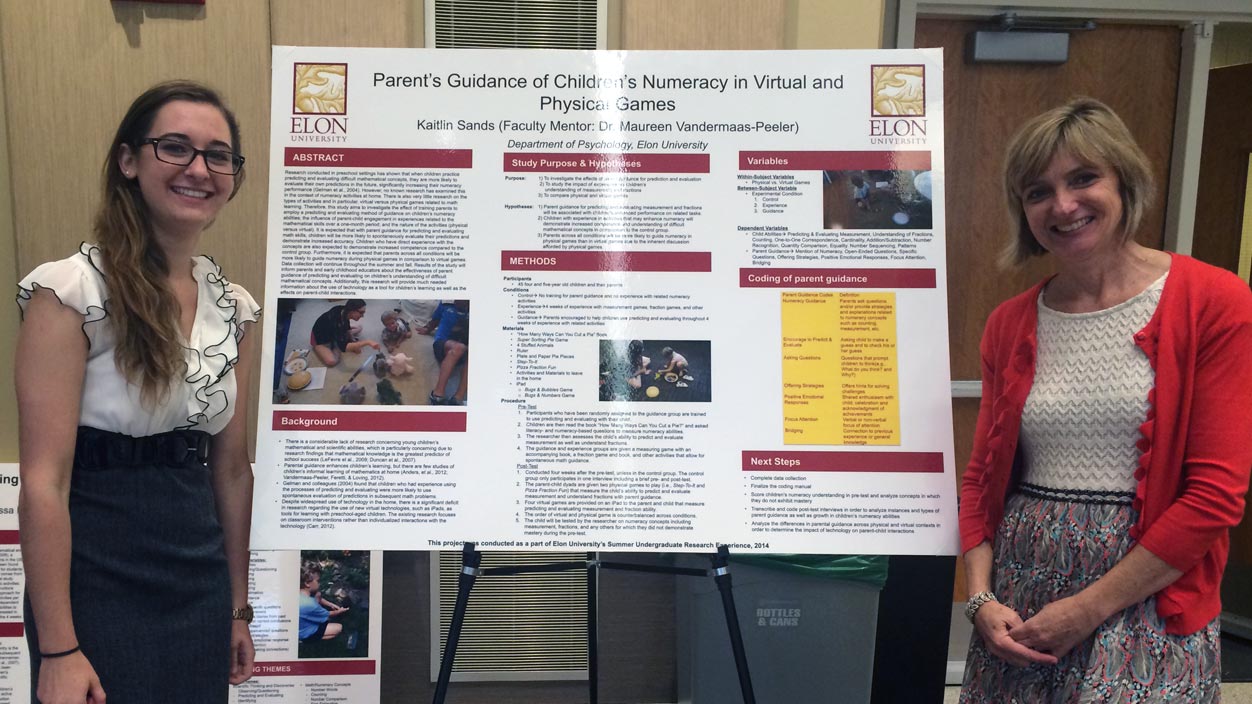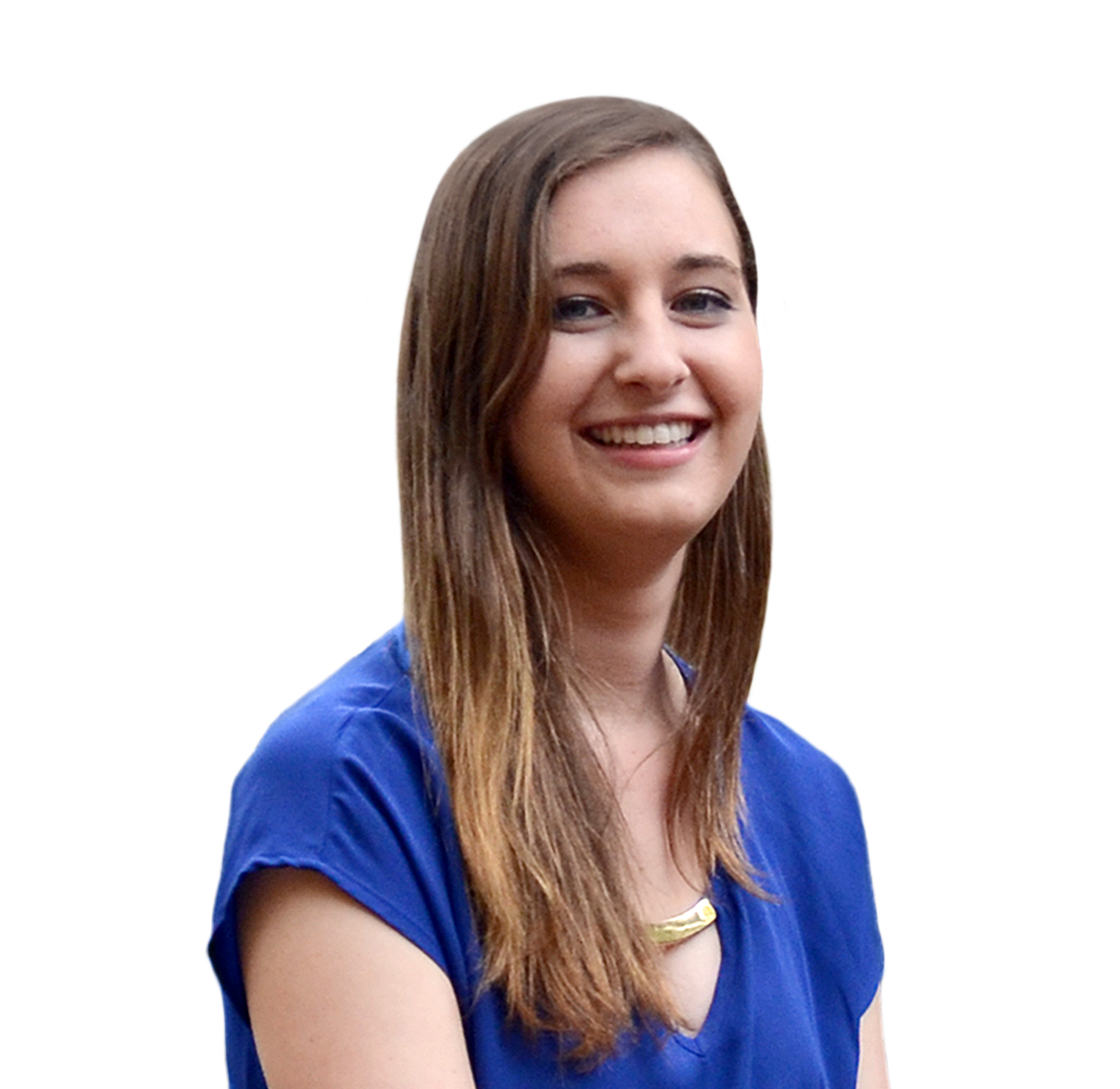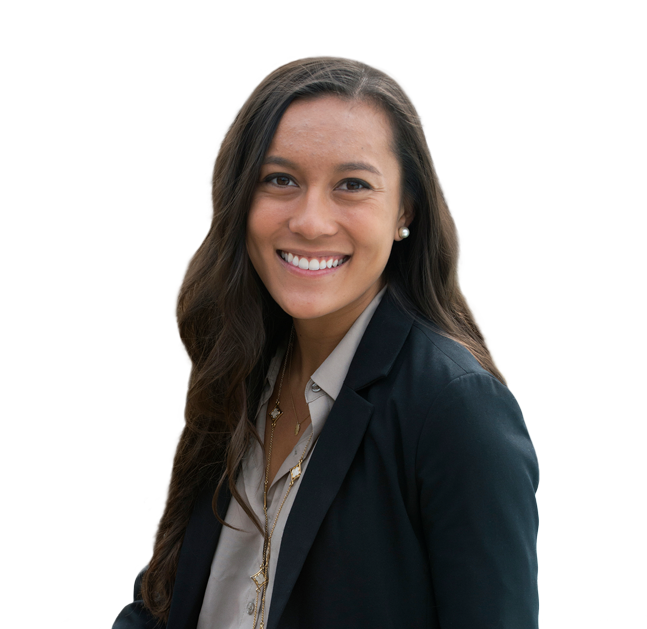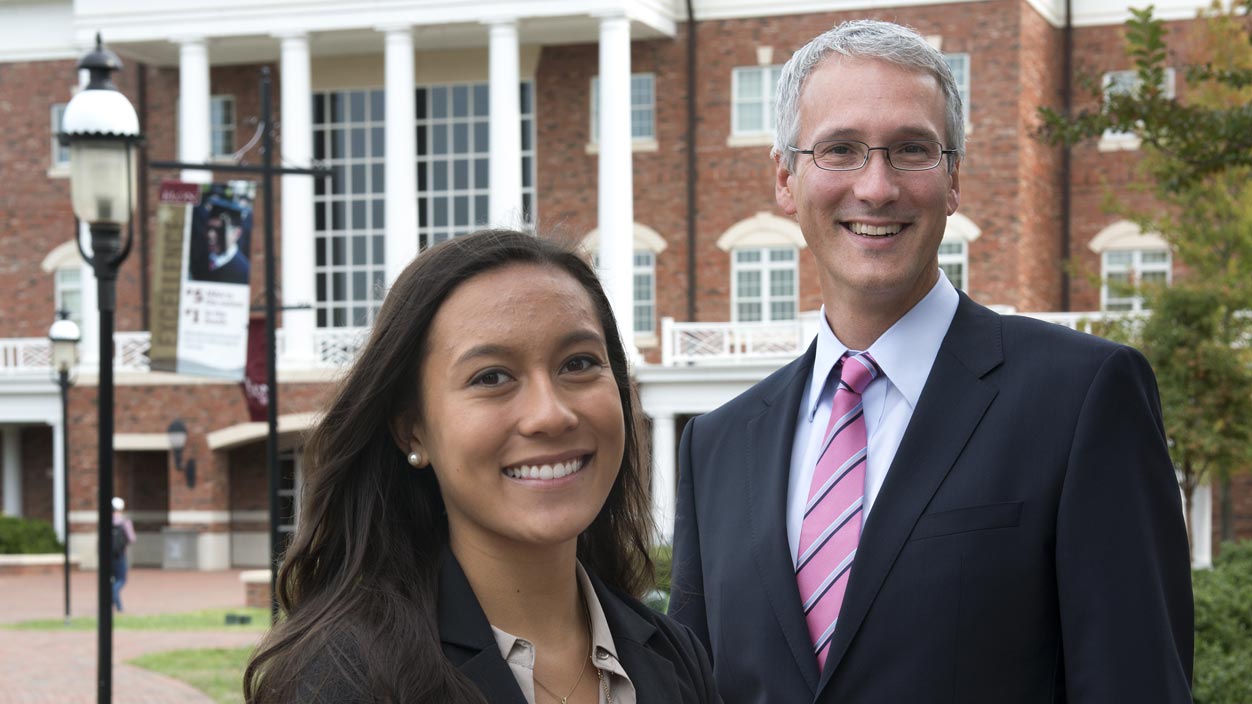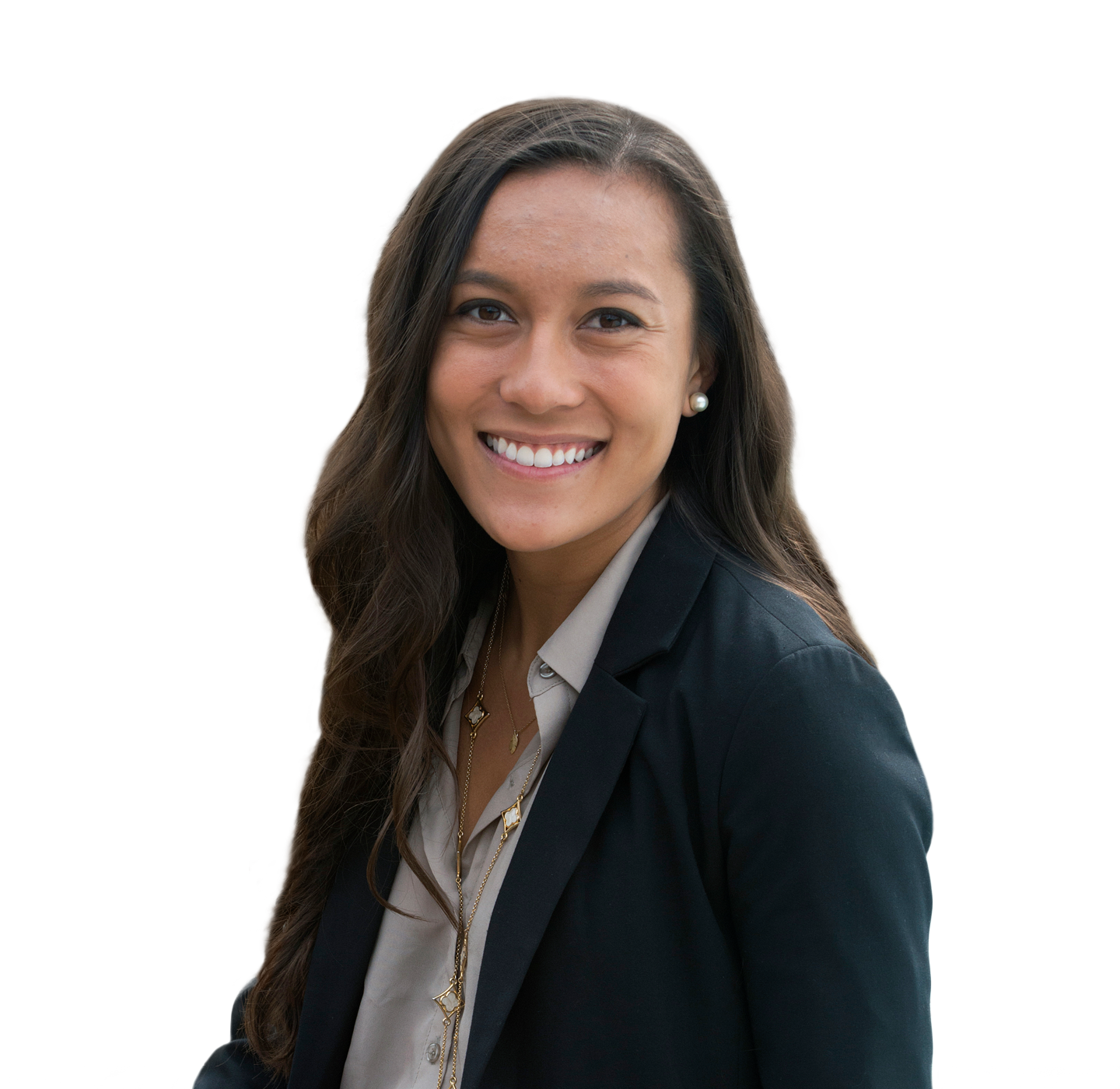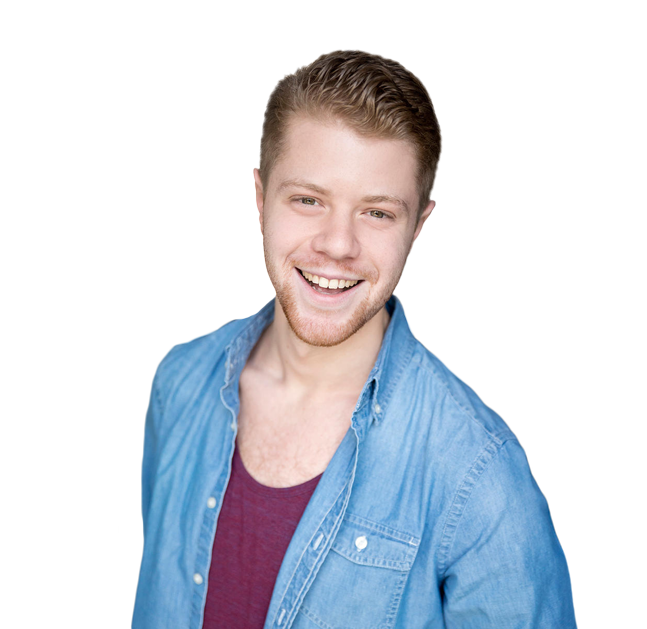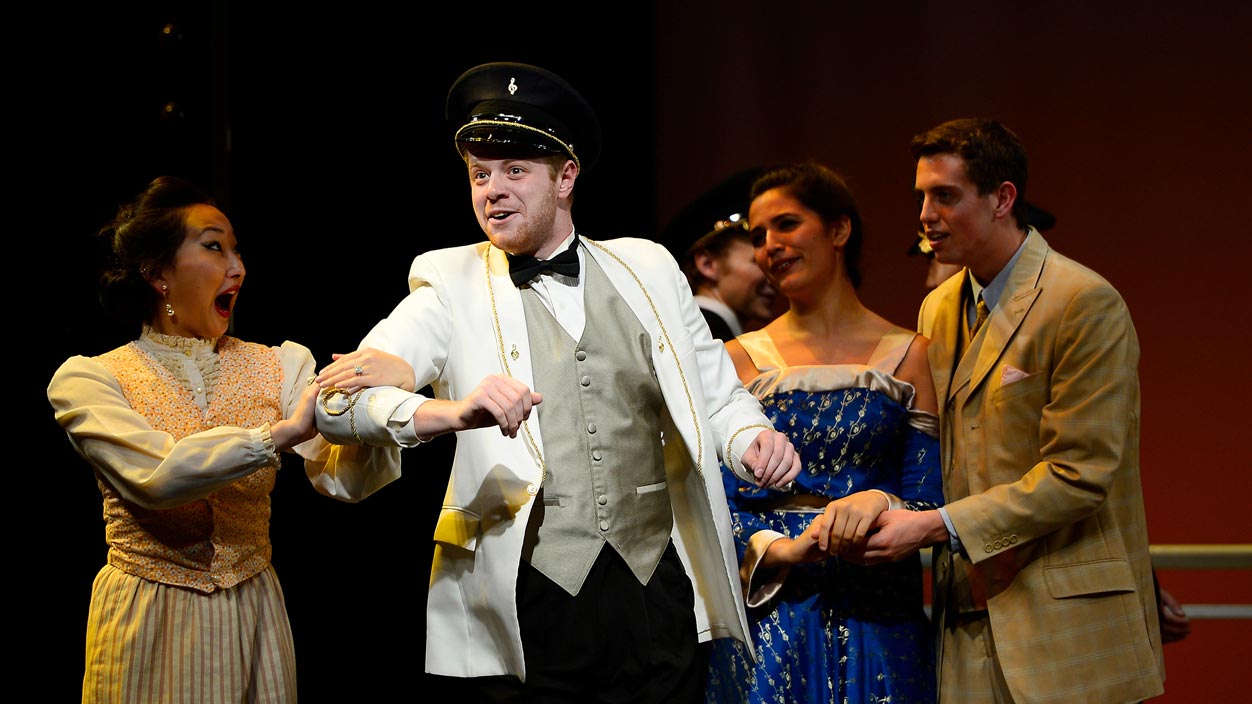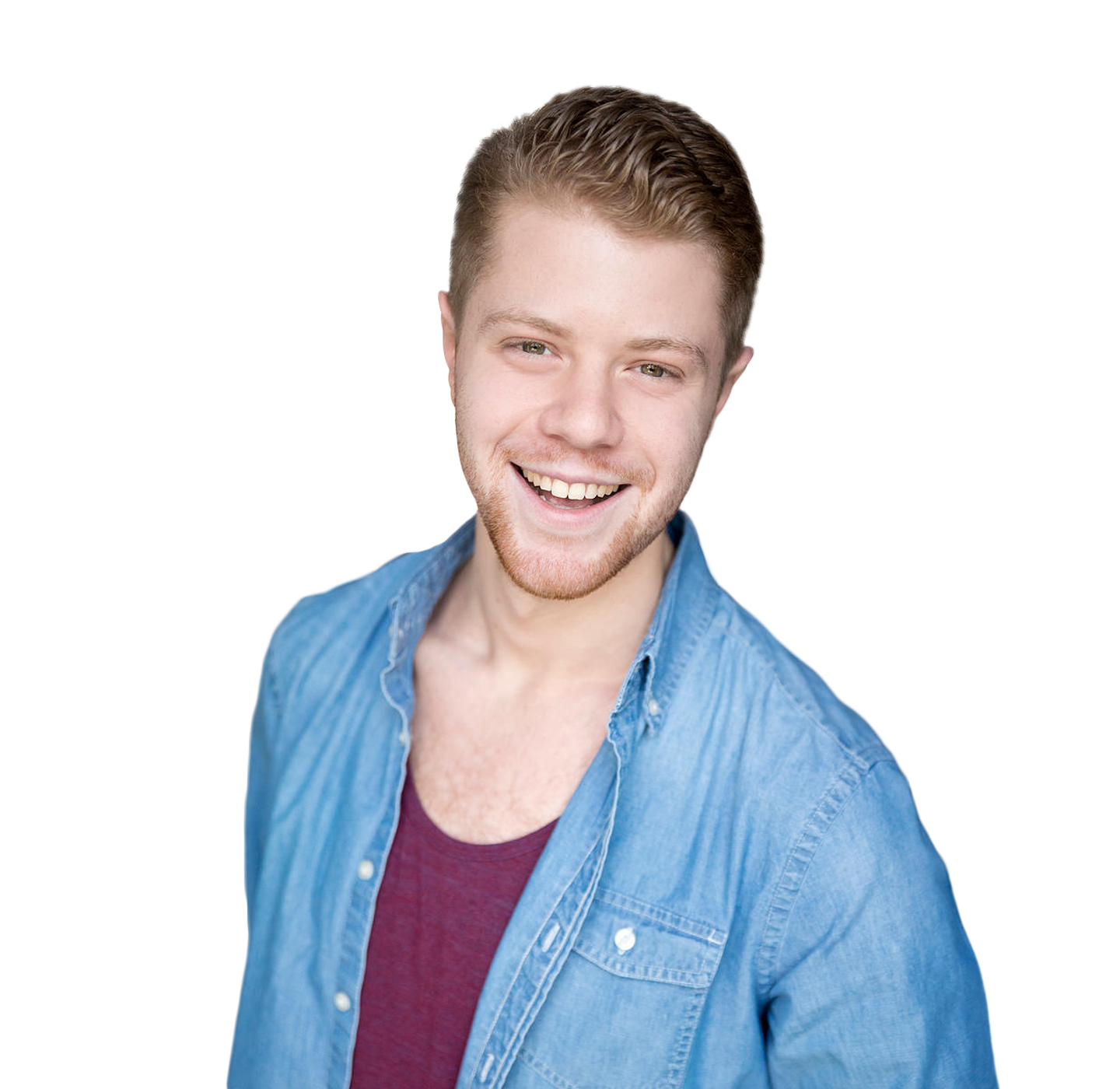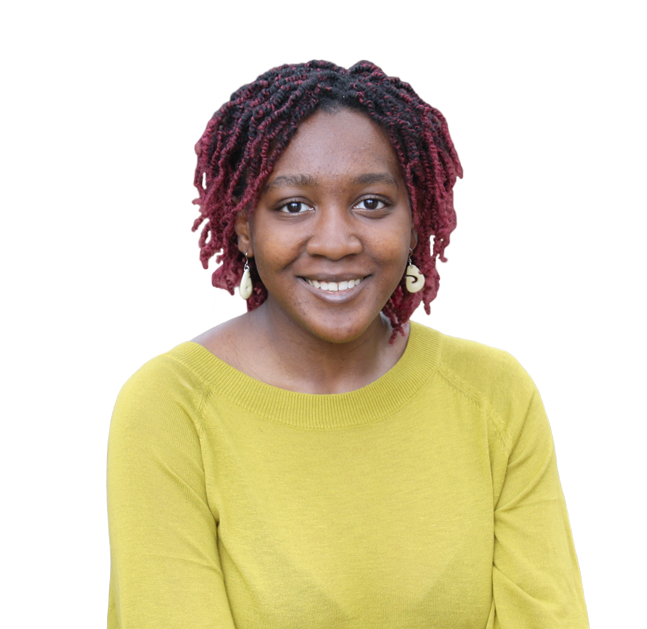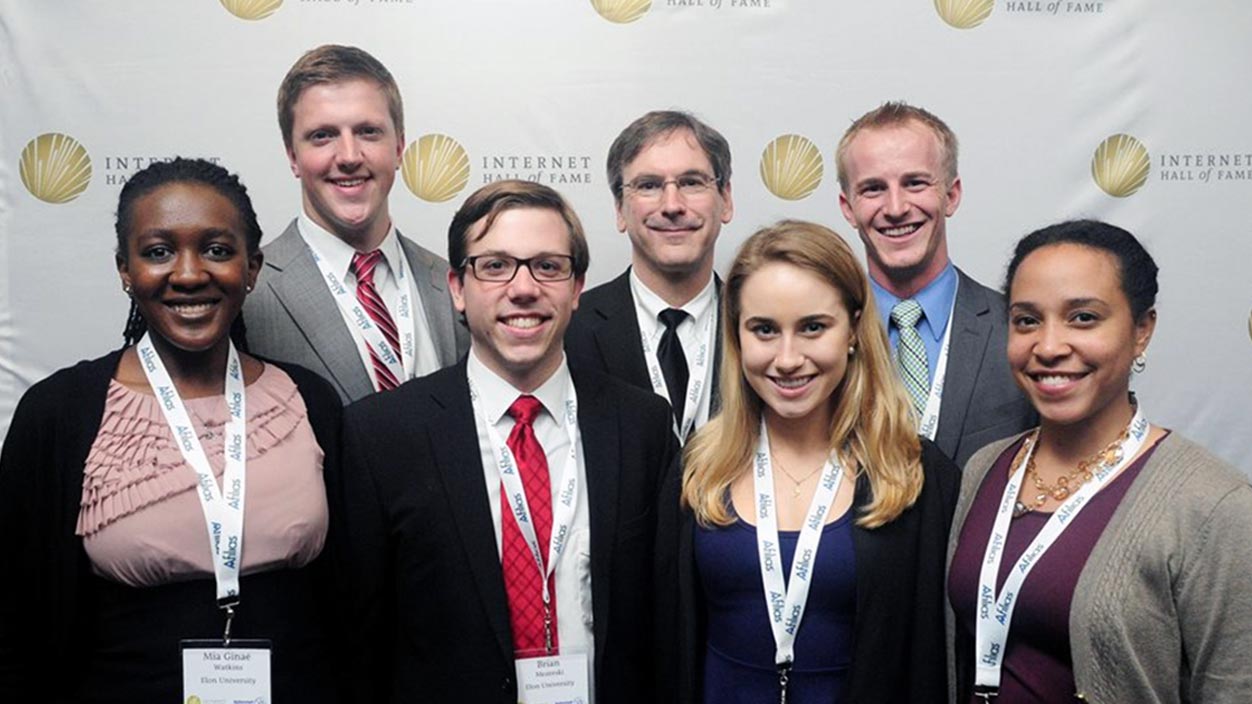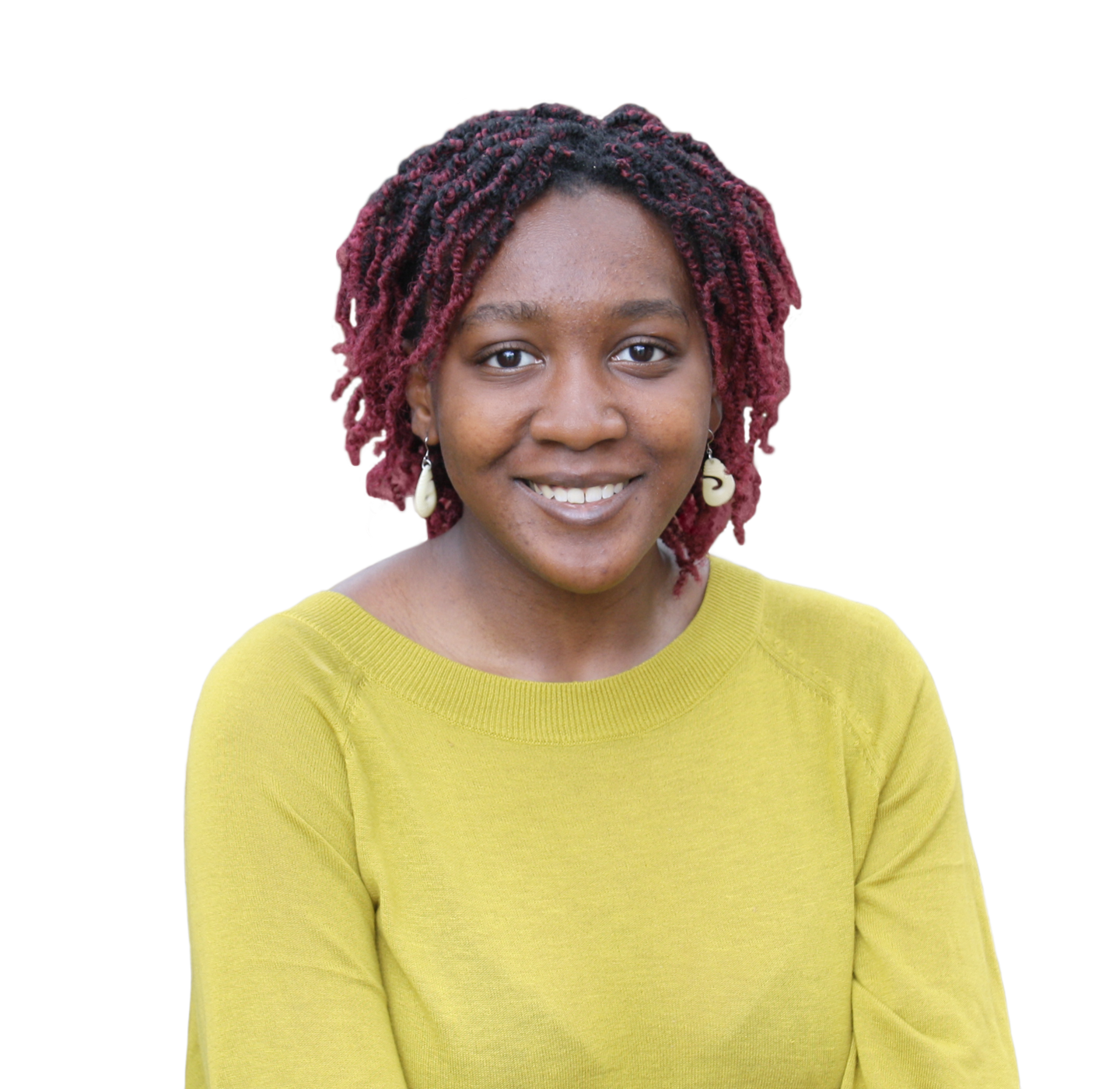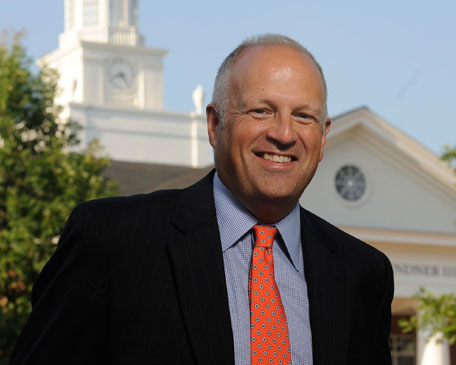
The problems facing our world are great and the faculty and students of Elon University are rising to the challenge, putting their knowledge into action with energy and ambition. The profiles in the 2015 President’s Report demonstrate the impact that Elon scholars are making in a wide variety of fields.
For example, in this report, you’ll read about the ways that physics professor Ben Evans is developing new cancer treatments through his research on the magnetic properties of nanoparticles. Economics professor Steve DeLoach has been studying financial markets in Indonesia, helping us gain a deeper understanding of the ways that economic conditions affect workers and their families in our own country. Psychology professor Buffie Longmire-Avital conducts research about the most effective ways to educate young black women about sexual health issues and stress in their lives. Physical therapy professor Janet Cope has traveled the country researching the ways that students and others are transformed by their work with the bodies of human donors in anatomy labs.
These are just a few examples of the profiles included in this report and the richness of the research being conducted by Elon faculty on campus and in their fieldwork around the world. This is an important dimension of the intellectual life of a leading university, and our society derives great benefit from their impressive work.
Following the examples of their faculty mentors, Elon students are also conducting sophisticated research. This year, more than 450 students worked with faculty on research projects and more than 200 students presented at the Spring Undergraduate Research Forum. These projects exemplify the strength of our student-faculty connections that, for many, become lifelong intellectual partnerships.
The President’s Report also includes many important institutional milestones in 2014-15.
Here are a few highlights:
- Introduction of an innovative School of Law curriculum that provides a sequence of courses and legal practice residencies over seven trimesters, giving students a head start on launching their careers
- Graduation of the charter Physician Assistant Studies class, the culmination of 27 months of intense class work and clinical practice
- Recognition of Elon as a top university for faculty-mentored undergraduate research by the Council on Undergraduate Research
- Recognition of Elon as a top producer of U.S. Fulbright students by the U.S. Department of State’s Bureau of Educational and Cultural Affairs.
- Groundbreaking for the School of Communications expansion, which includes construction of two new buildings and creation of a Communications Commons in the heart of campus
This year’s President’s Report illustrates the many ways that the people of our community contribute to building a better world. This is the nature of Elon – always stretching, always motivated to achieve a higher level of excellence.
Leo M. Lambert
President
